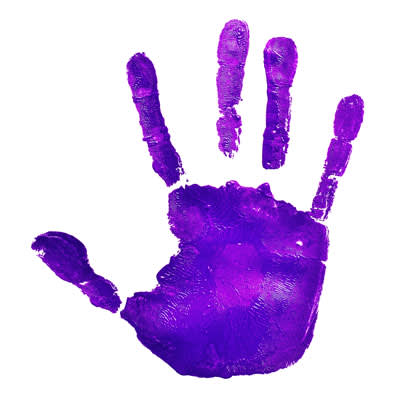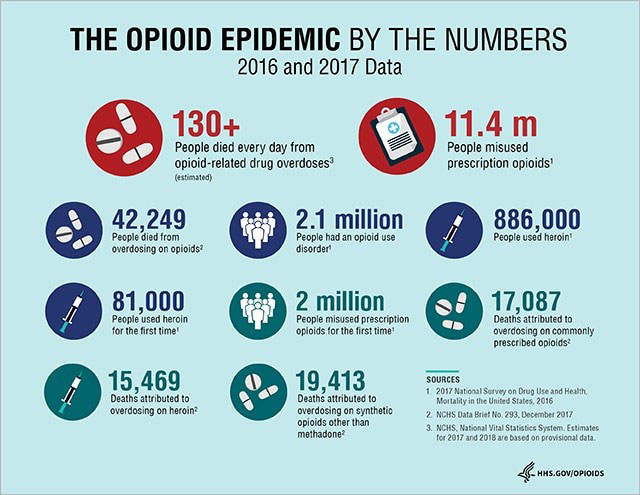
Unfortunately, many of us are now being both personally and professionally impacted by the opioid epidemic, whether because we’ve personally lost someone to addiction, know someone who is struggling with addiction in our community or the addiction crisis is now impacting our work as park and recreation professionals. In 2017, the U.S. Department of Health and Human Services (HHS) declared the opioid crisis a public health emergency.
Communities are trying to find solutions and comfort, coming together in an attempt to decrease the number of overdoses and fatalities, slow the rate of overprescribing by health providers and seek alternatives to pain management. Additionally, communities are starting to budget for supplementary funding for mental health, making this a priority and part of their strategic plans.
Every November, local governments celebrate “Municipal Government Works Month” by issuing proclamations, posting photos of employees and elected officials conducting business on social media, and sharing information to educate citizens about the role and function of government. The Maryland Municipal League (MML), a voluntary, nonprofit, nonpartisan association controlled and maintained by city and town governments that works to strengthen and support municipal government through advocacy and the development of effective leadership, seized the opportunity to celebrate “Municipal Government Works Month” by participating in the “Go Purple” movement.
The city of Gaithersburg, Maryland, joined MML and other local municipalities in the “Go Purple” movement to raise awareness about substance use and the opioid crisis. This initiative was created by The Herren Project, a substance abuse prevention program designed to engage and educate young people about the dangers of substance use. The Herren Project was established by former NBA player Chris Herren. The program empowers youth and the community to make positive and healthy life choices. The color purple symbolizes the healthy decisions we make each day.
It takes all of us — the entire village — to fight this battle. How did the Department of Parks, Recreation and Culture for the city of Gaithersburg become involved and what can you and your community achieve? Here are a few ideas, but with the creativity of parks and recreation professionals, I’m certain you can create an extensive list of what you can do!
- Throughout the month of November, the staff (and elected officials) will wear purple on Wednesdays
- The city’s logo, the park and recreation department’s Facebook page, staff signature lines and other outlets will be temporarily changed to purple
- Select city facilities will be illuminated with purple lighting at night
- When sharing on social media use #GoPurple
- Have resource tables in the lobbies (or at your front desks) of facilities — literature/educational materials on addiction and where to get help
- Facilities can be decorated with purple ribbons/streamers
- Electronic message boards/digital signage can have a purple background for the month or black background with purple letters
- Have D.A.R.E. Certified Police Officers and other nonprofit organizations who specialize in substance abuse prevention speak at your youth centers and/or hold a town hall meeting
- Host a Narcan training for providers
- Initiate or participate in an Opioid Overdose Task Force
- Update your websites to include “addiction services” pages
- Encourage your participants to become involved in this initiative for the month
Does the month matter? It does not. What matters is the fact that you become involved and take a stand. Dorchester County, Maryland (where I am a part time resident), “went purple” in the month of September. City and county buildings, including schools, had purple lights. Businesses and residents alike decorated their properties in purple lights and bows. The international Ironman (2.4 mile swim, 112 mile bike and 26.2 mile run), was held in Cambridge, Maryland, and all the volunteer shirts were purple and proceeds were donated to substance abuse centers.
NRPA is currently assessing the role park and recreation agencies are playing in combatting the opioid epidemic and how communities are responding.

Michele R. Potter, CPRP, is the Director of Parks, Recreation and Culture for the City of Gaithersburg.

